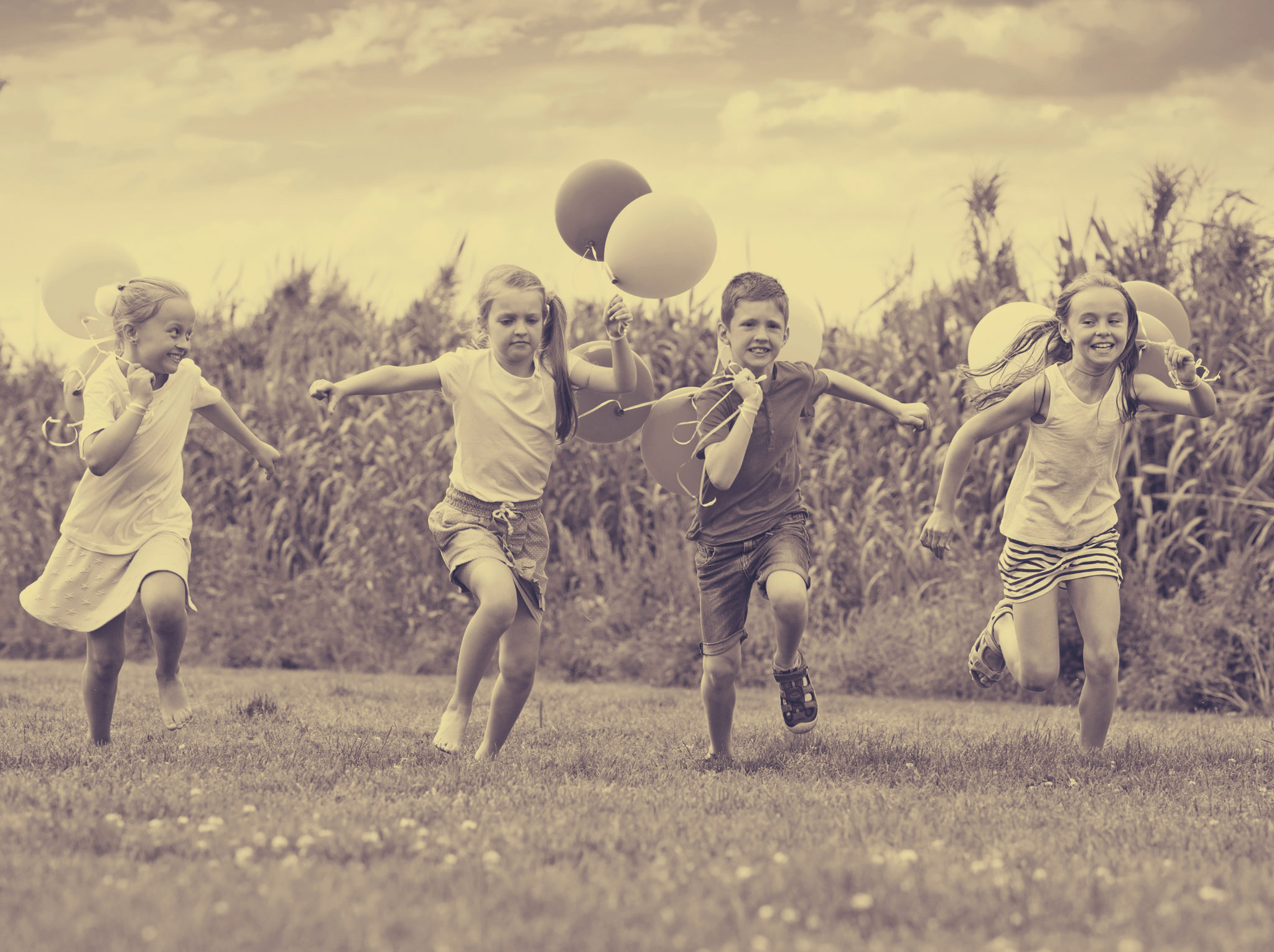By Maria Grusauskas
When I was 7, I told my 4-year-old brother that his real sister was taken to “Land Kazoozoo,” and I was her replacement, a witch who could look like anyone she wanted. I can still remember the beat of fear in his big brown eyes, and to this day I’m not sure he’s fully dismissed the possibility that I’m an evil imposter.
At 8, I called my older sister a “seed head”—an improvised jab at her shiny dark hair and the shape of her head. At the time, I thought the lame insult had died on contact, and I would have forgotten it entirely had my sister not exhumed it; on her wedding day, no less. She said she still thinks about it every time she puts her hair up.
We are clay when we first meet our siblings, says Jeffrey Kluger in a TED Radio Hour podcast “How We Love,” and “practically set and kiln fired by the time we meet most of our friends and our spouses. But our siblings shape us, we learn from our siblings.”
I’d been thinking about all of this a lot while visiting my siblings over the holidays and simultaneously reading Kluger’s book The Sibling Effect. Kluger says that it’s not necessarily shared genetic material that makes sibling relationships so powerful, but rather shared experiences.
What’s amazing to me, though, is that after so many years of tumult—bickering, name-calling and fighting that sometimes turned violent—my siblings and I seem to like each other now. It’s both a testament to the resilient nature of sibling relationships, and a small consolation for parents grief-stricken by their children’s inability to get along.
Interested in the lingering effects of childhood battles, psychologist Victoria Bedford studied adult siblings over a 22-year period and found that of the 75 percent who fought “somewhat frequently” to “extremely frequently” as children, 87 percent said that once they grew up, arguments with the same siblings occurred “hardly ever or not at all.”
“Having siblings and not making the most of those bonds is, I believe, folly of the first order,” says Kluger. “If relationships are broken and are fixable, fix them. If they work, make them even better. Failing to do so is a little like having a thousand acres of fertile farmland and never planting it. Siblings may be among the richest harvests of the time we have here.”
As resilient and powerful as the sibling bond may be, it’s not indestructible, writes Kluger. Barring unforgivable abuses, though, for adult siblings who have drifted away from each other, whether in apathy or estrangement—and I know of many—reconciliation is always a possibility.








